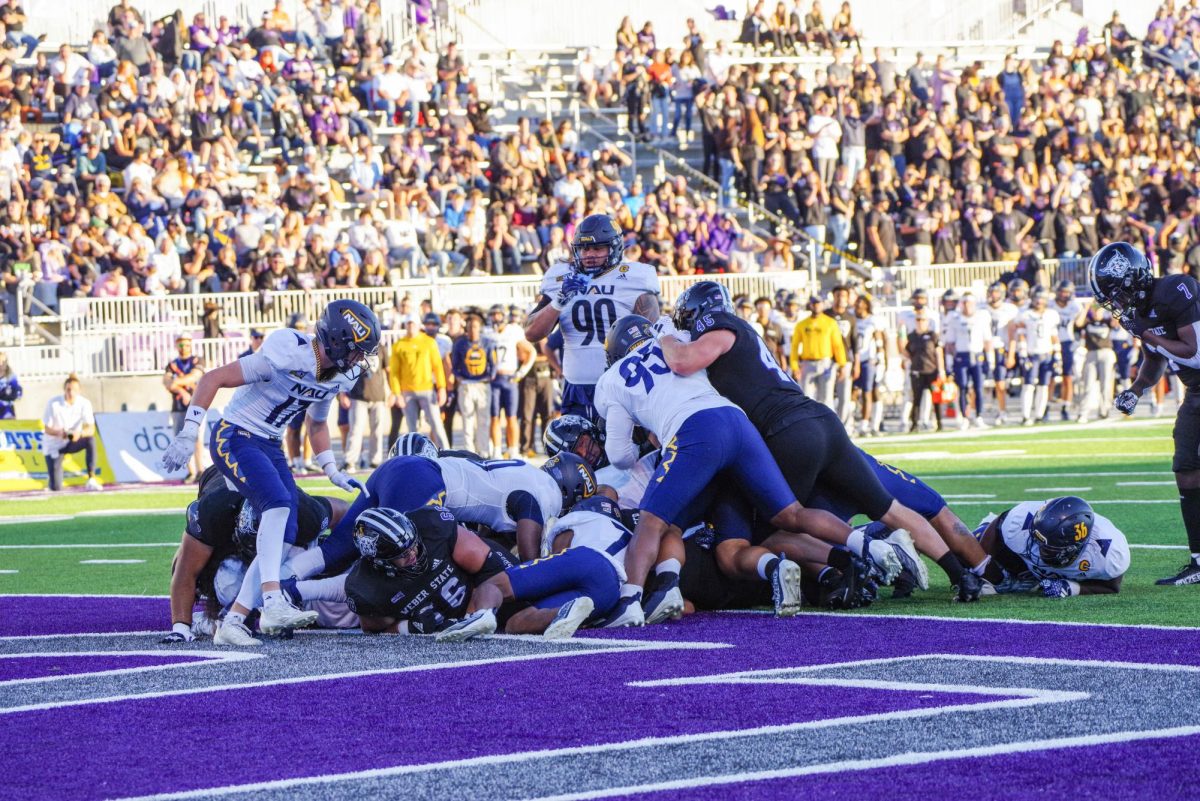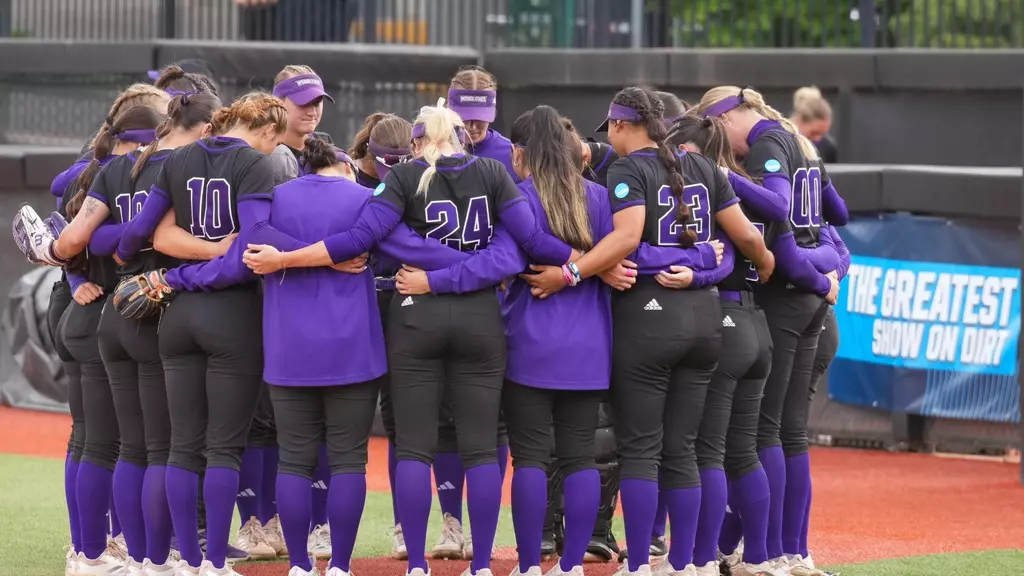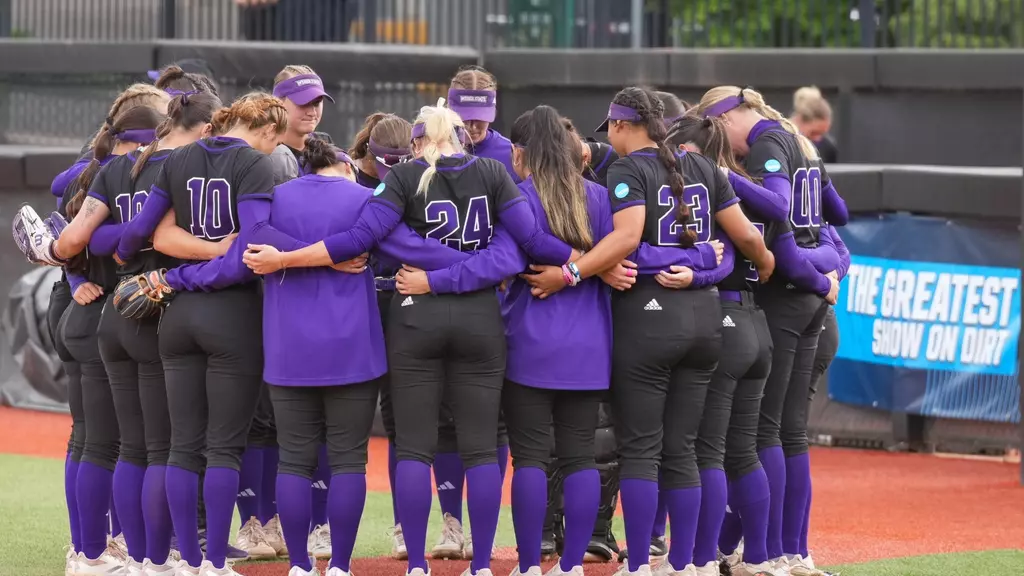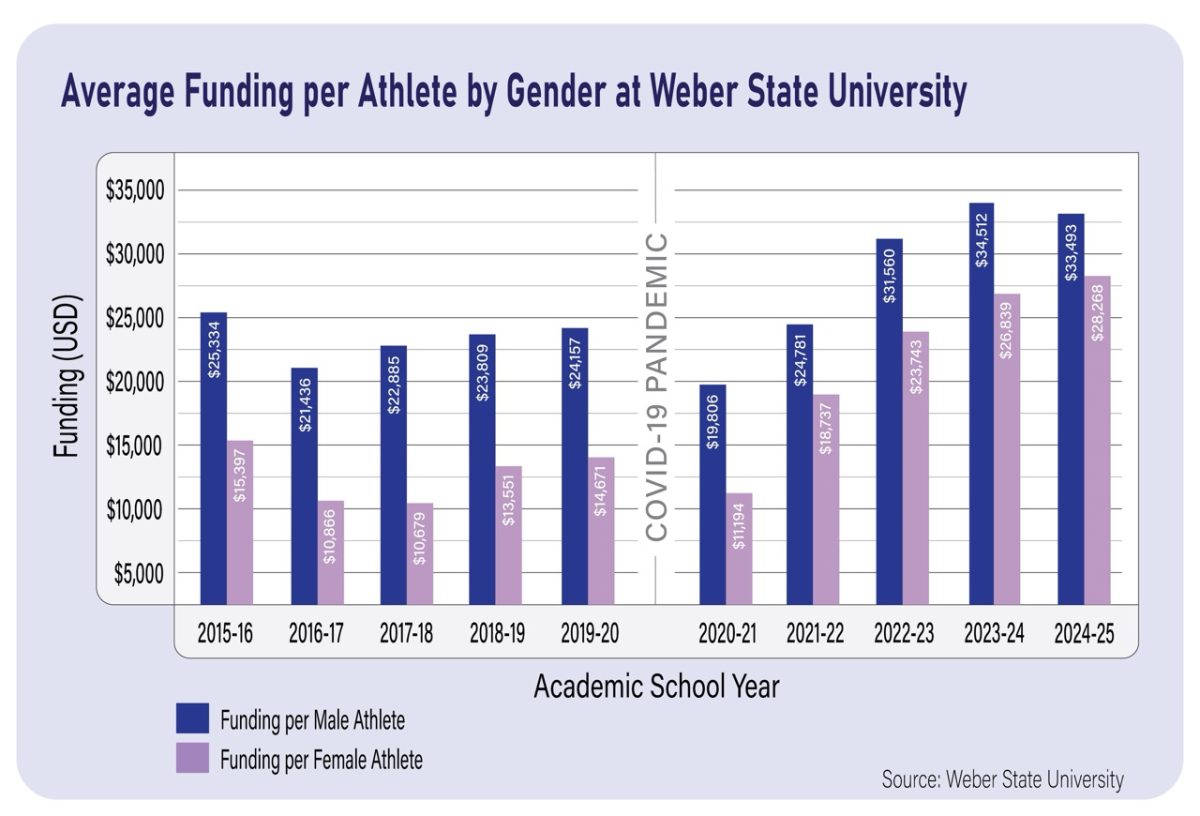March Madness has taken the nation by force, as it has done every year for the past 74 years. Sports put colleges in the national spotlight in a way no other facet of the collegiate experience does. Loyalty, passion and tradition are embodied in the crowds of fans, waving symbols of patriotism and confidence of their alma mater, regardless of odds or seed placement.
Apart from the excitement, sports affect many aspects of a university. This month’s Deliberative Democracy Day focused on the role sports play within collegiate life. The topic was so intriguing, it deserves further discussion.
One of the chief functions of college sports is that they grant identity to schools. Little is widely known about Weber State’s stellar nursing program. Even less is known about the recent addition of the official school of music, or the nationally ranked debate team. But Weber State made it into March Madness this year, which has given us national recognition.
If one was to be asked the most popular colleges in the U.S., undoubtedly there would be a strong correlation between athletic prestige and public awareness. Kansas University (Rock Chalk Jayhawk) is nationally known for basketball. The University of Alabama (Roll Tide) is known the world over for football. Sports and school are inseparably connected, for better or for worse. We wouldn’t begin to guess as to whether it actually is better or worse, just that it is.
This kind of public attention is not only healthy, but encouraging to a country that is twisting kids’ arms to go to college. Without the excitement of the arena, how public would are collegiate avenues be?
One of the most beneficial aspects of sports in college is the tremendous amount of financial aid it brings to students. Athletes from all walks of life rise from their communities and flock toward the promise of an attainable education.
Many critics would look at college athletes’ track record of not finishing their degrees. Those same critics fail to account for the millions of athletes who aren’t jumping to professional sports and continuing on to graduation. Countless numbers of business professionals, medical professionals, teachers and any other number of professions have been put through school on the dime of sports organizations, finishing their undergraduate schooling and forging ahead to pursue professional and academic excellence. This extracurricular paycheck is an important part of developing young athletes into contributing members of society, one that can’t be overlooked and certainly shouldn’t be diminished.
These contributions are weighty and vital toward a college’s success. Money aside, the emphasis is really on the people involved. College athletes are continually held as representatives for schools, both during and after their schooling. They are recruited from urban streets, rural farms and every neighborhood in between. These athletes learn valuable skills aside from their techniques. Self-discipline, collaboration, representation and planning are vital to the success of the team and the students in every aspect of their lives.
Regardless of national ranking, athletic prestige or professional recruits, these programs consistently churn out quality individuals. They represent a school in a way that academics can’t. When all is said and done, statistics aren’t the truest measure of an athletic program. The lessons it teaches and the changes it makes are its most valuable contributions.
Coaches frequently talk about leadership and the “intangibles” a player can bring to a team. The case for collegiate academics is found in those same intangibles. We won’t ever be able to fully track the contributions athletics give. We can track prestige, recruits, professional athletes, wins and losses, and every other statistic in the book. But in the end, is that what really matters?













